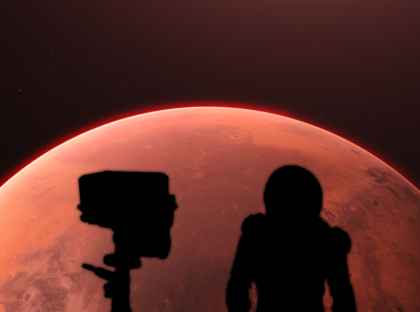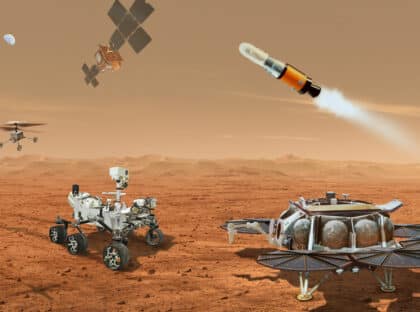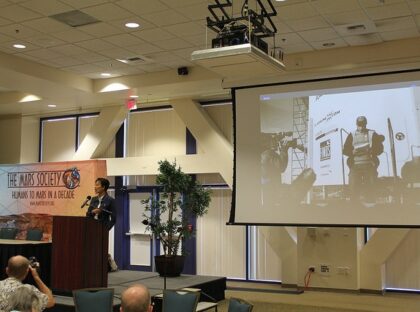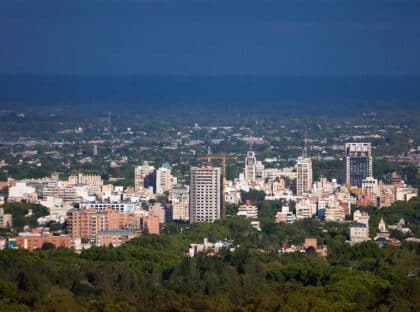
By Evan Plant-Weir, Senior Writer, Red Planet Bound Blog
Space exploration is not just about gathering data.
By and large, the last few hundred days on Earth are not going to be remembered fondly. Few will recall the COVID-19 years with a sense of happy nostalgia. Ultimately, however, this time won’t be entirely defined by the beating we took at the hands of a pandemic. Despite the many tragedies and challenges therein, we still managed to pull off some pretty remarkable things.
Somewhere high on that list is the recent trifecta success in the robotic exploration of Mars.
In February, spacecraft from three nations reached Mars in close succession. Since then, these missions have collectively knocked it out of the park with a series of impressive firsts.
NASA – now a seasoned veteran of robotic Mars exploration – amazed us with the first controlled flight and audio recording on another planet. As if that’s not enough, their Perseverance rover converted Martian atmosphere into oxygen for the first time (an important prerequisite for Mars settlement).
With Al-Amal, the UAE became the first Arab nation to establish a scientific presence at Mars, achieving that milestone on their opening attempt.
The arrival of Tianwen-1 marks China’s inaugural visit to the red planet, and the only time that a nation has deployed an orbiter, lander and rover during their first successful mission to Mars.
We’re getting good at this.
In fact, we’re getting so good at sending robot explorers to the red planet that you may begin to wonder… why would we ever bother sending humans? Why trouble with the expense and risk of transporting squishy hominids when we can just send metal and silicone instead?
It is difficult to overstate the scientific and societal importance of robotic space exploration. Each of these orbiters, landers and rovers have value in and of themselves, but they are nowhere near the culmination of our potential.
These robotic forerunners are laying the groundwork for their human successors, whose capacity for science and exploration is not only vastly broader, but substantively deeper.
The human body is a far superior mechanical system for generalized planetary exploration. Our brains, too, are uniquely suited for the investigation of Mars because of one vital capacity that no rover can carry, and no communications satellite can transmit: direct conscious experience.
To read the full blog, please click here.


